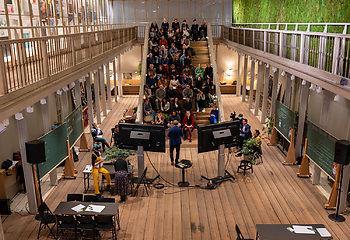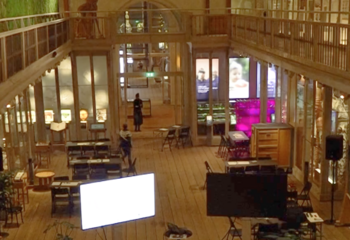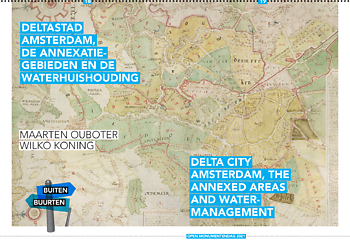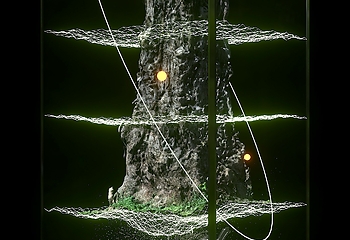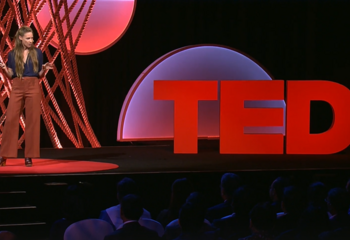The first meeting of the Academic Workshop on Soil took place on 23 February 2023 at ARTIS-Groote Museum, Amsterdam. Two diverse presentations by Wilko Koning (Waternet) and Toby Kiers (VU Amsterdam, SPUN) gave an insight into the complexity of subsoil at different scales. The audience then set to work themselves in groups to arrive at new insights about the soil, focusing on integrality, innovation and future-proofing.
Wilko Koning is water expert and commissioner of pipe works at Waternet.
Koning's specialties are piping, contracts and the water history of Amsterdam. As an engineer and water expert he is concerned with innovation and low temperature heat networks, Rainproof, and Waternet's company museum are his main challenges. Starting out as a supervisor/preparer, he is well acquainted with working on the piping of both Amsterdam's drinking and wastewater as a commissioning engineer. Wilko Koning is chairman of the museum committee of Waternet and regularly gives lectures on water in Amsterdam. Through World Waternet, he has work experience in the Middle East (Jordan). For the open monument day 2021 he and his colleague Maarten Ouboter wrote an article about Amsterdam's water management.
Toby Kiers is professor of Evolutionary Biology at the VU Amsterdam and is executive director of SPUN (Society for the Protection of Underground Networks).
Her specialty is the evolution of symbioses, she uses nanoprobes and high-resolution imaging to map the nutrient fluxes and architecture of plant-fungal networks. She received her PhD in agroecology from the University of California, Davis in 2005 and gave a TED talk in 2019. Kiers was named by the UN Biodiversity Committee as one of 22 scientists playing a crucial role in expanding our understanding of biodiversity. Kiers won an Ammodo Award for "unfettered science," an E.O. Wilson Award for Natural History in 2021, and a Stairway to Impact Award from the Dutch Science Foundation in 2022. Kiers was also named a TIME100 Leader in 2022, a list of 100 individuals who are shaping the future of their field and defining the next generation of leadership. She currently serves as president for the European Research Council. She founded SPUN in 2021, and now works with local collaborators on six continents to research and protect Earth's mycorrhizal networks. SPUN's research has been covered by the New York Times, the Guardian, the BBC and many others. For a selection of her articles, please visit tobykiers.com.
